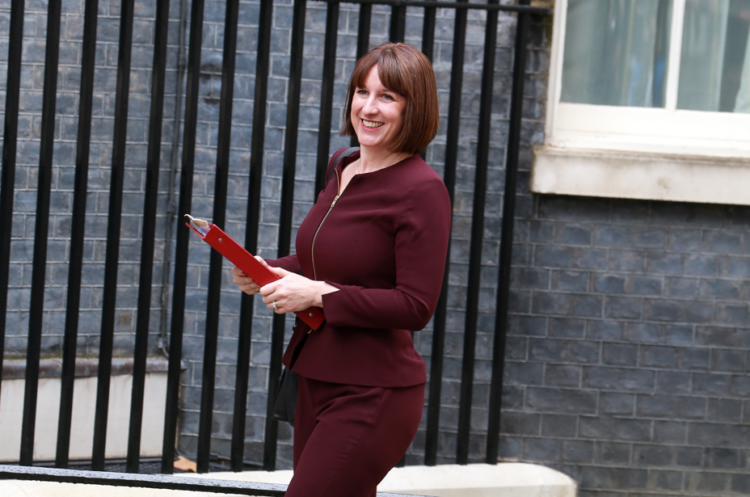Chancellor Rachel Reeves has said the government will invest £1 billion to provide guaranteed, personalised employment support to help people back into work as she presented her spring statement to parliament today.
However, there will be welfare cuts as the Office for Budget Responsibility has estimated that the government’s welfare reforms will save £4.8 billion.
Reeves said that while the Universal Credit standard allowance will increase from £92 a week in 2025/26 to £106 a week by 2029/30, the Universal Credit health element will be cut for new claimants by around 50 percent and then frozen.
But she said “spending on disability and sickness benefits will continue to rise”.
The chancellor has earmarked £100 million to support the Department for Work and Pensions and UK job centres to deliver these changes effectively.
Reeves told parliament: “We believe that if you can work, you should work, but if you can’t work, you should be properly supported.
“More than 1,000 people every day are qualifying for personal independence payments (PIP). One in eight young people are not in employment, education or training. If we do nothing, we are writing off an entire generation that cannot be right, and we will not stand for it.”
Julia Turney, head of platform and benefits at Barnett Waddingham (BW), said: “With harsher welfare cuts looming – including a cut to the health element of Universal Credit incapacity benefits, followed by a freeze – the pressure on disabled individuals is about to get even worse.
“The government is pushing more disabled people into work, yet new research from BW is clear; disabled employees face significantly worse outcomes. Seventy-nine percent experience burnout, almost double the rate of their non-disabled peers, and 86 percent of those with physical disabilities report work-related health issues.”
Turney continued: “If more disabled individuals are being forced into work while losing financial support, employers must act fast to adapt. This means ensuring reasonable accommodations, flexible working arrangements, and targeted mental health support are in place. Failing to do so won’t just harm employee wellbeing – it will drive higher turnover and lower productivity, creating a lose-lose situation for everyone.”
Last week (18 March, 2025), Liz Kendall minister for work and pensions, said the UK’s social security system is “holding our country back” as she outlined the government’s Pathways to Work Green Paper.
This paper sets out decisive action to fix the broken benefits system, she said.
It is part of a consultation on the major reform of contributory benefits including, for example, merging contributions-based Jobseekers Allowance and Employment Support Allowance into a new time limited Unemployment Insurance. This would be paid at a higher rate and claimants would not have to prove they cannot work to get it.
Kendall also said that the Work Capability Assessment would be scrapped by 2028.
She emphasised that the number of people claiming PIP was set to rise from 2 million to 4.3 million this decade, with the growth in claims rising faster among young people and mental health conditions.
PIP claims were up to four times higher in parts of the Midlands, Wales and the North where economic demand is weakest, she said.
To tackle the growing problem of long term sickness absence and economic inactivity, Kendall said that the government would invest an extra £26 billion into the NHS to drive down waiting lists and get people back to health and back to work.
“Almost four million people are in work with a work limiting health condition, and around 300,000 fall out of work every year,” Kendall said last week.
“So we’ve got to do far more to help people stay in work, and get back to work quickly – because your chances of returning are five times higher in the first year.”
The green paper also set out plans to extend statutory sick pay to include one million of the lowest paid workers, while greater rights to flexible working will help keep more people in work, she said.
“The Work Well programme is trialling new approaches like GPs referring people to employment advisers, instead of signing them off sick. And our Keep Britain Working review, led by former John Lewis boss Sir Charlie Mayfield, will set out what government and employers can do together, to create healthier, more inclusive workplaces.”
The minister said the government plans to “help more employers offer opportunities for disabled people”, including through measures like reasonable readjustments, alongside its green paper consultation on reforming Access to Work.













